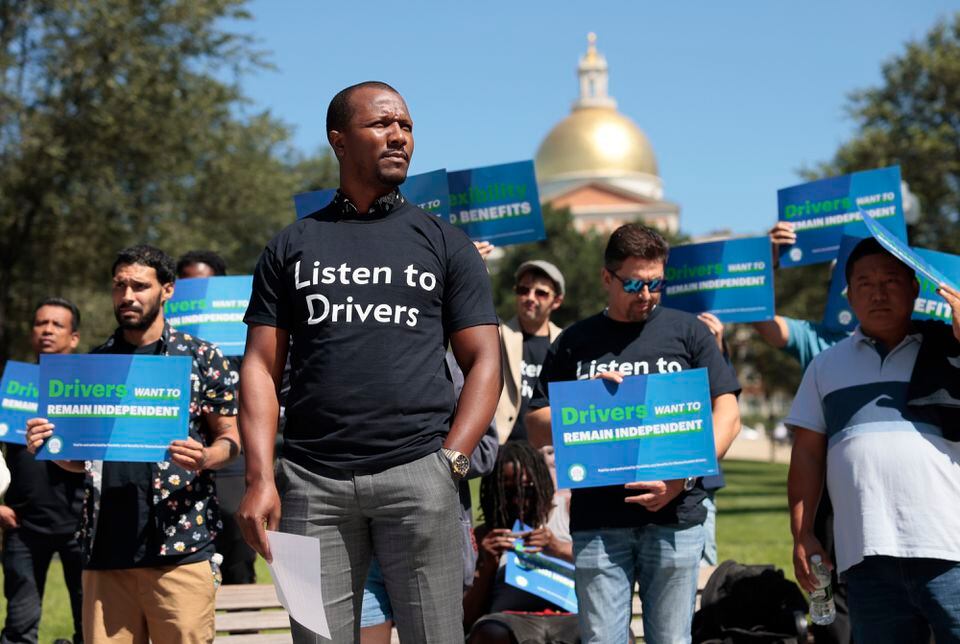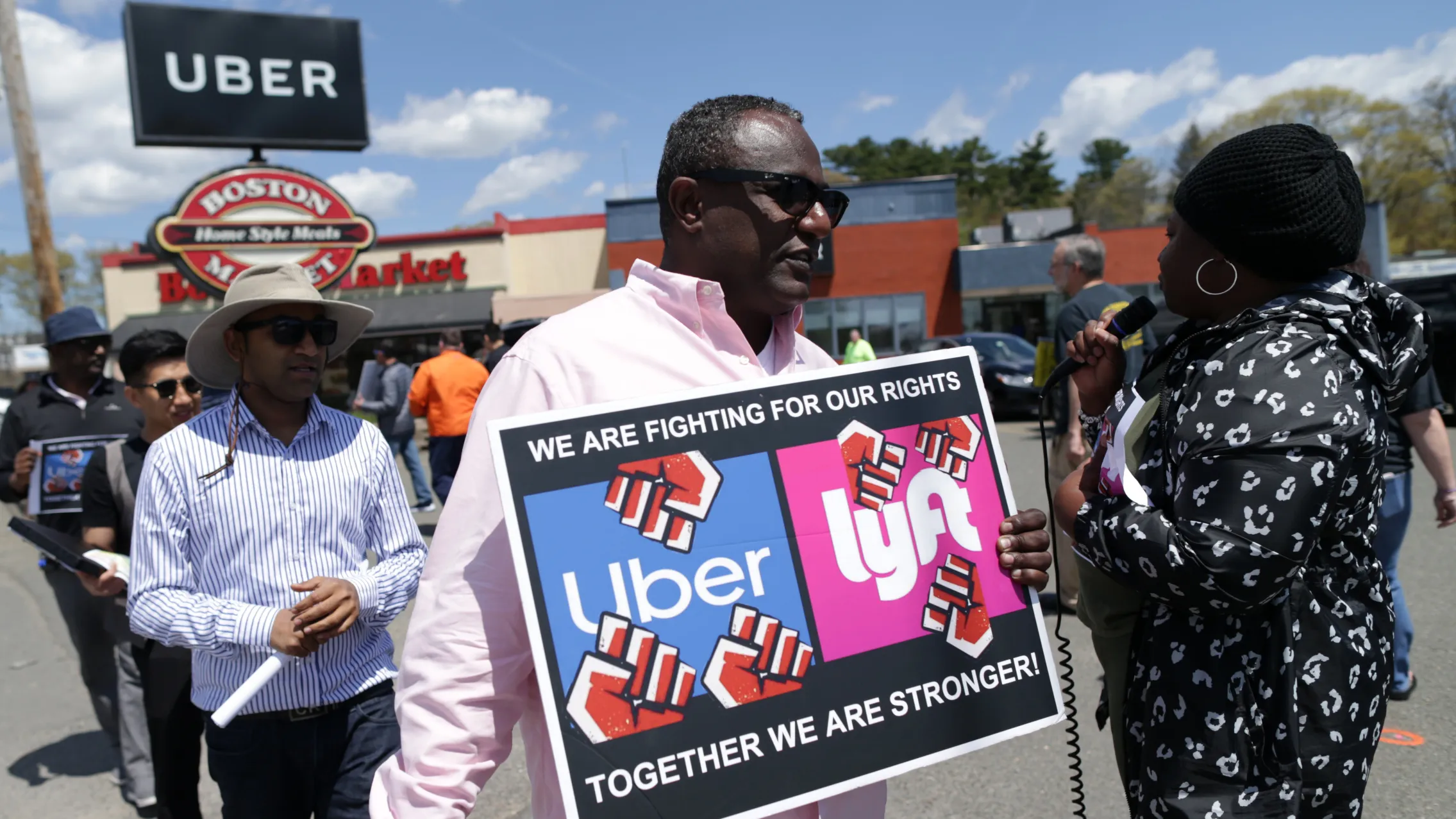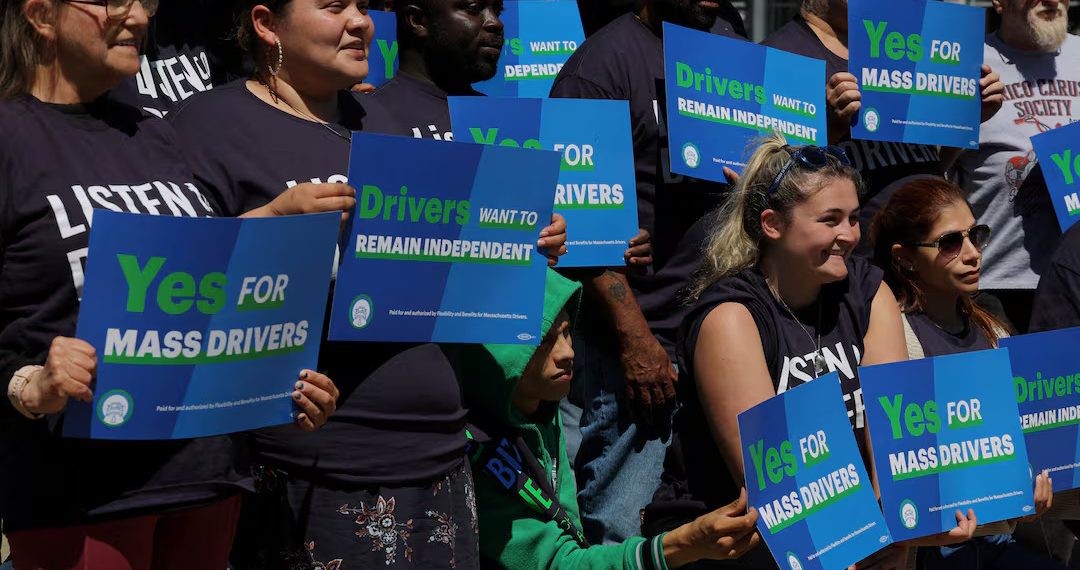Massachusetts‘s highest court deliberated on Monday over the validity of ballot proposals aiming to redefine the status of drivers working for app-based companies like Uber Technologies and Lyft.
Justices expressed reservations about certain aspects of a proposal supported by the industry, which seeks affirmation from voters that drivers are independent contractors with some additional benefits but cannot be categorized as company employees.
They seemed hesitant to fully embrace the argument put forth by a labor-backed coalition, which contends that the proposal violates the state constitution by exempting drivers from various worker protection laws.

While concerns were raised about bundling multiple employment law areas into one policy question, some justices pondered whether the proposal primarily addressed the issue of drivers’ status as non-employees.
The court also considered a conservative group’s claim that the state attorney general erred in certifying a competing measure for the ballot.
This measure, backed by the Service Employees International Union’s Local 32BJ, would allow Uber and Lyft drivers to unionize under state oversight.
While the justices appeared inclined to reject this argument, Justice Scott Kafker suggested a scenario where voters might support the industry’s proposal while also granting drivers the right to collective bargaining.
Meanwhile, a trial is scheduled for May 13 in a lawsuit filed by the state’s attorney general in 2020, accusing Uber and Lyft of misclassifying their drivers as contractors.

If the industry faces defeat in court and at the ballot box, it could lead to significant changes in its business model, potentially affecting its operations in Massachusetts.
Uber, Lyft, and other app-based delivery services have invested heavily in supporting the ballot proposal to maintain the contractor status of their drivers.
A ruling from the court is anticipated before the July 3 deadline for submitting signatures for the ballot measures.





